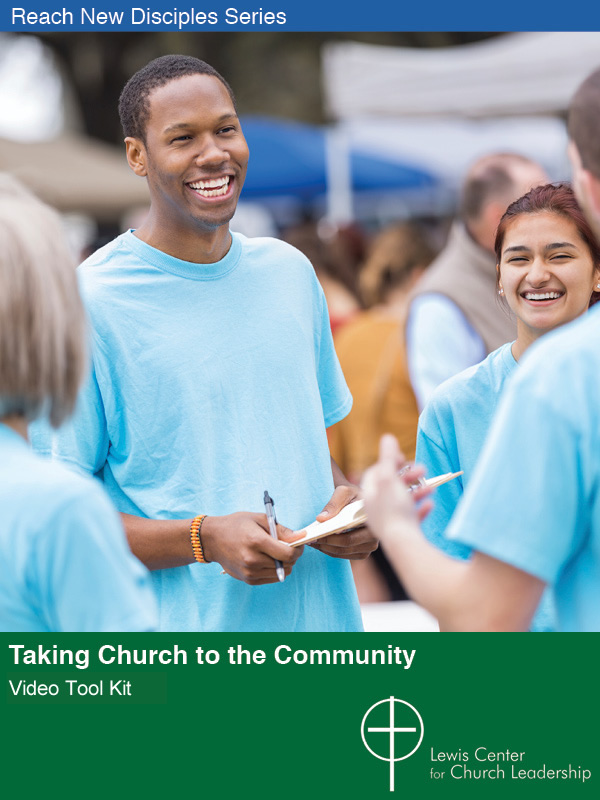Befriending others was the early church’s method of evangelism, discipleship, and worship. Greg Moore, who works to create new faith communities, says it is critical for the church to remember how to practice friendship as Jesus did.
We can’t hear “friends” without hearing Jesus telling the disciples in John’s Gospel, “I no longer call you servants, I now call you friends.” When God takes flesh in Jesus and calls us friends, God proclaims that it is not through hero worship, or political legislation, or even through right rituals that God will save us.
Friendship as the theater of salvation
This is nothing new, of course. The church mothers and fathers often called God “The Holy Friends.” Looking at the life of Trinity, friendship began to seem divine, as though God’s very self is comprised of an eternal friendship among Father, Son, and Holy Spirit. And the mystery of the incarnation is that God has incorporated humanity into God’s holy friendship in the person of Jesus.
Early on, Christians began to see themselves as people who had been befriended by God. By extension, they began to see friendship as the theater of salvation. It was in our friendships that we found ourselves being saved. Holy friendships, like the divine friendship of the Trinity, became the most basic way of life among those who followed Jesus. They practiced friendships that were holy — that made them whole — and their friendships, like Trinity, always made room for the “other.”
Before long, Christians began to practice friendship in very particular ways with all sorts of people. According to Acts 2, they ate together, prayed together, and learned together. Friendship was the only program we had; befriending others was our evangelism, our discipleship, and our worship. We ascribed worth to the way of Jesus by making friends with neighbors, strangers, and even enemies and breaking bread with them. In a very real way, friendship became a matter of life and death for those who were seeking to follow Christ. It still is.
Reclaiming the practice of friendship
The church remembering how to practice friendship in a way that saves us has never been more critical than it is today. The church’s main mission in a world that has forgotten how to be friends is to be an embodied reminder of the friendship that we were made from (Trinity) and for (communion). We are the ones who understand God to have befriended us in Jesus, not because we were perfect, not because we think like God or act like God, but because friendship is the very nature of God. Our call today is to remember how to practice friendship methodically, as if our life depends on it. This means:
- Practicing friendship with people who think like you and people who don’t.
- Practicing friendship with people who live like you and people who don’t.
- Practicing friendship with people who look like you and people who don’t.
- Practicing friendship with people who vote like you and people who don’t.
- Practice friendship with your neighbors and even with those people who try to make you their enemies.
- Practicing Holy Friendship until all heaven breaks out.
Four characteristics of Jesus’s invitation to friendship
Before inviting others into this practice of friendship, we would do well to notice how Jesus invites us into friendship and be formed by his way. There are four key components to Jesus’ invitation. For us to be able to extend the invitation of friendship of Jesus, we must ensure that our invitations are:
1. Prayerful
It is not accidental that Jesus goes away to pray and fast before he calls his disciples. Before we invite anyone into our lives, it should be covered in prayer, contemplation, and fasting. Spend some time in prayer and fasting (either from food or electronics) and ask God to bring to your attention people in your life with whom you are called to cultivate a holy friendship.
2. Personal
It is a pattern within the call stories in scripture that God uses the name of the called-on person twice. When God invites, it is specific and personal, not broad and impersonal. After praying and fasting for God to reveal who you are called to deepen your friendships with, talk to them personally about what you are seeking to create with them. These invitations must be personal and rooted in prayer, not impersonally offered as a new program of the church (i.e. printed in the bulletin, “New Group Starting: email yourname@email.com for more information).
3. Purposeful
Further, Jesus does not make the invitation to join him in communion ambiguous or clouded with uncertainty. When he calls us, it is always with the clear purpose of joining him at the table in the mission of God. The invitation is never a “bait and switch” (i.e. “I think we should have dinner, and oh, by the way, I’m going to read scripture.”) Be honest with those you are inviting about your desire to deepen your friendship with God, them, and creation and about how you are hoping to do that.
4. Persistent
Finally, God’s call is persistent. When God begins to call someone, that call does not stop until either the person answers or they wind up in a deep dark place (like Jonah). Even there, in the belly of the whale, the call chases us. When we invite in the name of Christ, we will need to prepare to be as persistent as the One whom St. Augustine calls “the Hound of Heaven.” If someone defers or declines your invitation, do not be dismayed or discouraged. The call of God is often delayed or denied.
Simply continue to pray about who God would have you invite into this pattern of living and repeat the steps above.
Excerpted from Good Friends: A Wesleyan Way of Discipleship by Greg Moore, a free ebook from the North Carolina Conference of the United Methodist Church. Contact nfc@nccumc.org to purchase a hard copy for $5.
Related Resources
- The Methodist Class Leader Video-based Adult Christian Study Curriculum
- Leaders Need Holy Friendships by Tom Berlin
- Friendships and Reaching New People by Lee B. Spitzer
If you would like to share this article in your newsletter or other publication, please review our reprint guidelines.







